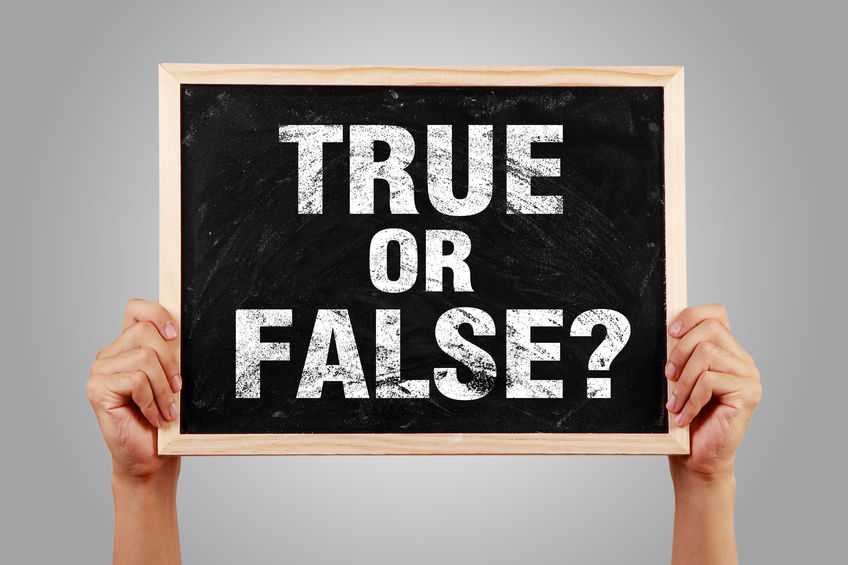If you’ve never hired a copywriter to produce the text for a long-form marketing, sales or PR piece (e.g. ebooks and whitepapers) and you’ve determined you need to, it’s understandable to be a bit nervous.
Maybe you’re not a writer. You hated English class, curse the name of your last comp lit prof, reach for the crayons to immerse yourself in therapeutic coloring whenever your CMO brings up that ebook idea again.
How do you direct a writer to a produce the piece when your gifts and talents are in a completely different area?
Maybe you are a writer. You loved English class, send a birthday card to your last comp lit prof with Xs and Os on it every year, absolutely can’t stand the fact that your workload prohibits you from taking on another project, especially one you’re so excited about.
How do you delegate the task of putting the piece together when the most qualified person to write it is you?
These questions come down to expectations. For the non-writer, the hope is that the freelance copywriter will just take the reins and get it done. For the in-house writer managing the project, the hope is that the freelancer will be your perfect ghost, a clone of yourself getting done what you wish you could.
What’s realistic? Here’s a little true or false quiz to test those expectations:
- T or F: A good copywriter ought to come in knowing my industry inside and out.
FALSE.
Professional freelance copywriters are adept at learning quickly the details of the subject matter they are hired to cover. Think of them as journalists. They are not subject matter experts themselves; rather, they ask questions and conduct research to get to the bottom of the story. Some are specialists with experience on a particular “beat” that may appear to match your industry (you’ll know from their portfolio), and that can have value depending on the project; however, every piece is unique. You will need to be prepared to provide access to members of your team who can share knowledge and insights.
- T or F: I should expect clean copy, free of obvious spelling and grammatical errors.
TRUE.
Bargain basement writers abound online. For a penny per word you’ll have a slushy mess of text that you’re welcome to toss into your branded communications if you dare. Good writers self-edit to ensure their work is clean, clear and concise. The caveat here is that there is a difference between clean copy and professionally edited copy. The longer the document and the more permanency there is to the finished product (i.e. printed in multiple copies), the more important it is to utilize an in-house editor or hiring one on contract. This second pair of eyes that may find those inconsistencies, redundancies, citation errors, etc., that the writer may have missed. To error is human. (Get it? Nevermind.)
- T or F: An experienced copywriter shouldn’t need any feedback from me. They ought to have the task in hand.
FALSE.
No matter how much experience a copywriter has producing long-form materials, even for companies just like yours, even on the very same topic as the one you’re hiring him to write about, remember he’s never written this particular piece before. Beyond the subject itself, there will always be questions for you to answer about the target audience, how the piece will be used and what your goals are. Those factors influence the length, tone and format; in other words, the overall writing style. Your feedback is essential to ensuring the finished piece fits your brand and falls in line with your overall strategy.
- T or F: A freelance copywriter worth hiring will have the graphic design skills to produce a piece ready to publish.
FALSE.
Copywriters write, graphic designers design. Experienced copywriters should have trusted graphic design partners, however. If you don’t have the resources in house to design an attractive layout complete with graphics, logos and images for your ebook or whitepaper, your copywriter should be able to recommend a designer or two. What you should feel free to ask your copywriter to do is provide structure and formatting recommendations in margin comments, or even to execute them. Frankly, you wouldn’t want a writer to attempt doing more than that.
- T or F: A professional copywriter will either agree to meet my deadlines or will propose deadlines himself.
TRUE.
Professionals know that producing work on time or early is part of how they demonstrate their value. Barring some life-disrupting emergency rendering your freelancer incommunicado, you ought never to have to poke and prod him about getting something to you. On time is always a reasonable expectation. If tardiness happens once, ask why. If it happens again, consider finding a new copywriter.
How’d you do on the quiz? It should be pretty easy; so should the process of hiring a freelance copywriter. If you have any ideas about it you’re not sure are true or false, don’t hesitate to ask.

